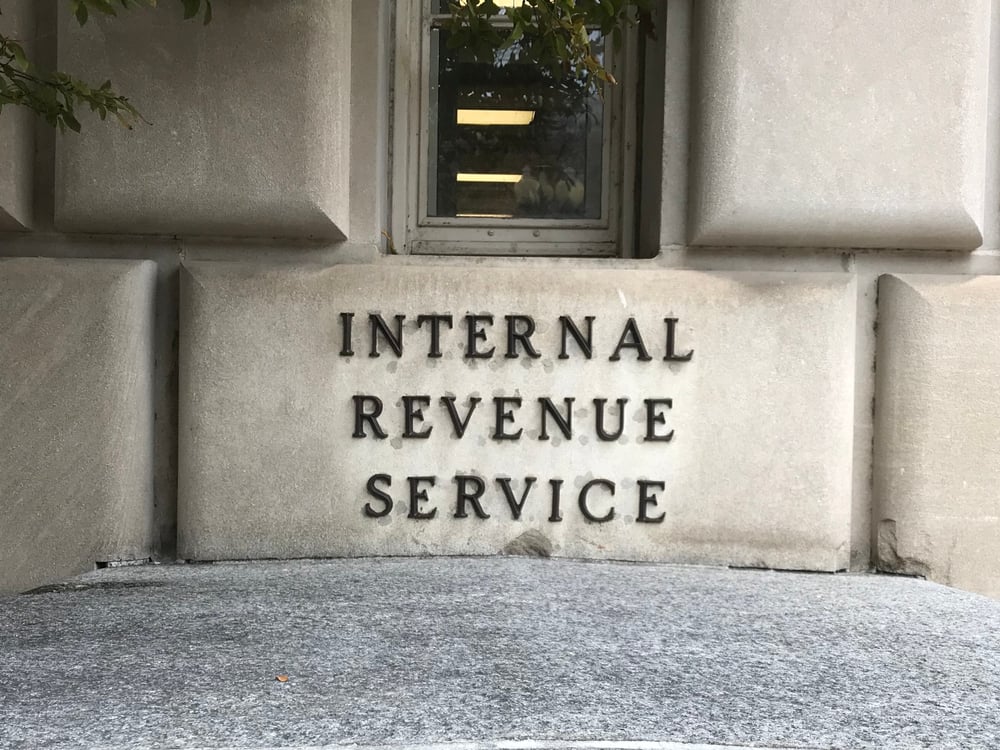IRS Prepares to Bring Down the Hammer on Bitcoin Tax Cheats

US residents still have two more months to submit their annual federal tax returns, but the Internal Revenue Service (IRS) has already begun preparations to bring down the hammer on Bitcoin tax cheats.
The tax collection agency has assembled a team of 10 investigators to focus on international crimes, and one of its chief mandates is to identify US cryptocurrency investors who have attempted to use these assets to avoid paying the tax man.
“It’s possible to use Bitcoin and other cryptocurrencies in the same fashion as foreign bank accounts to facilitate tax evasion,” said Don Fort, who heads the agency’s criminal investigation division, during an interview with Bloomberg .
As CCN.com reported last year, public records requests revealed that the IRS has contracted with blockchain-tracing firm Chainalysis in the past to help the regulatory agency identify US residents who have failed to pay capital gains taxes on their cryptocurrency investment profits.
The IRS received a huge boost in its quest to unmask Bitcoin tax cheats when a judge ruled that cryptocurrency brokerage firm Coinbase must hand over records for the estimated 14,000 customers who bought, sold, sent, or received at least $20,000 worth of cryptocurrency during any single year from 2013 to 2015. Initially, the agency had sought records from all of the company’s customers, but the firm successfully argued that this request was overly-broad.
“That more than 14,000 Coinbase users have either bought, sold, sent or received at least $20,000 worth of Bitcoin in a given year suggests that many Coinbase users may not be reporting their Bitcoin gains,” U.S. Magistrate Judge Jacqueline Scott Corley wrote in the ruling. “The IRS has a legitimate interest in investigating these taxpayers.”
It’s unclear how zealous the IRS will be in its quest to bring Bitcoin tax evaders to justice. Under current US law, cryptocurrency owners are required to pay taxes on profits realized from any cryptocurrency transaction — even the proverbial coffee purchase. The Congressional Blockhcian Caucus has introduced legislation that would eliminate reporting requirements for transactions worth less than $600, but it has not yet been passed into law.
However, Fort told Bloomberg that IRS investigators are currently focusing their attention on cryptocurrency brokerage platforms and cryptocurrency exchanges, where investors convert their holdings back into cash.
In any case, though, the message is clear: if you have realized profits from cryptocurrency investments, Uncle Sam knows about it — and he wants his cut.
Featured image from Shutterstock.